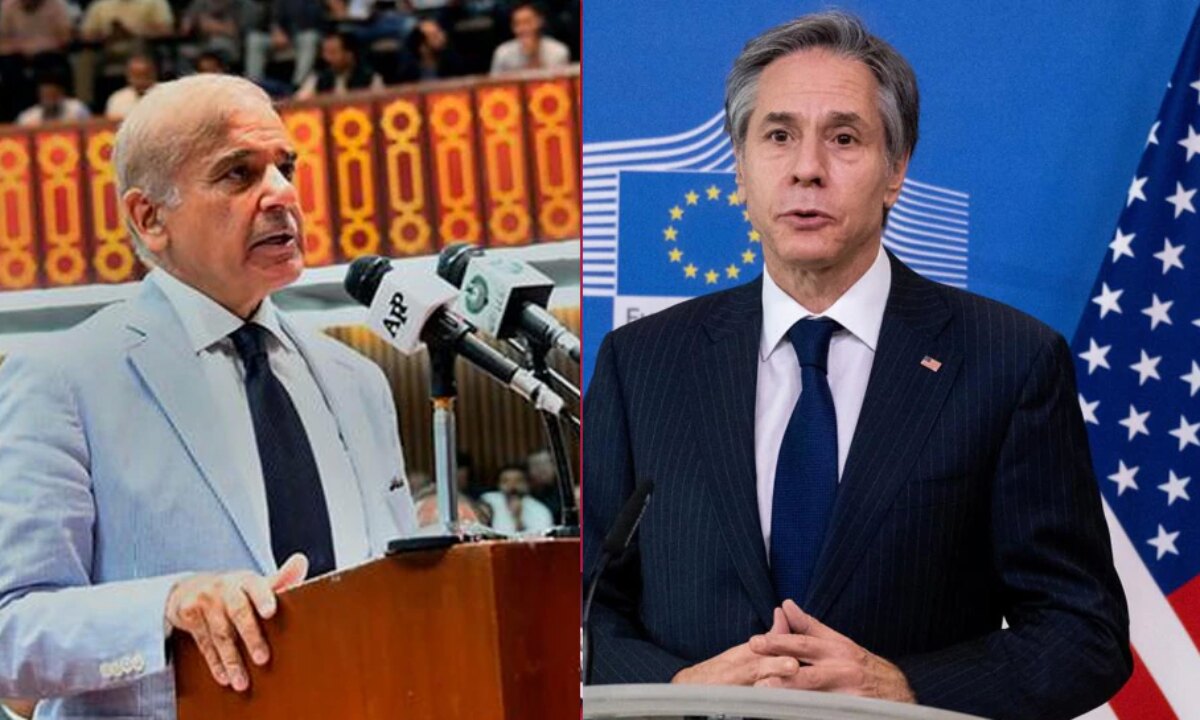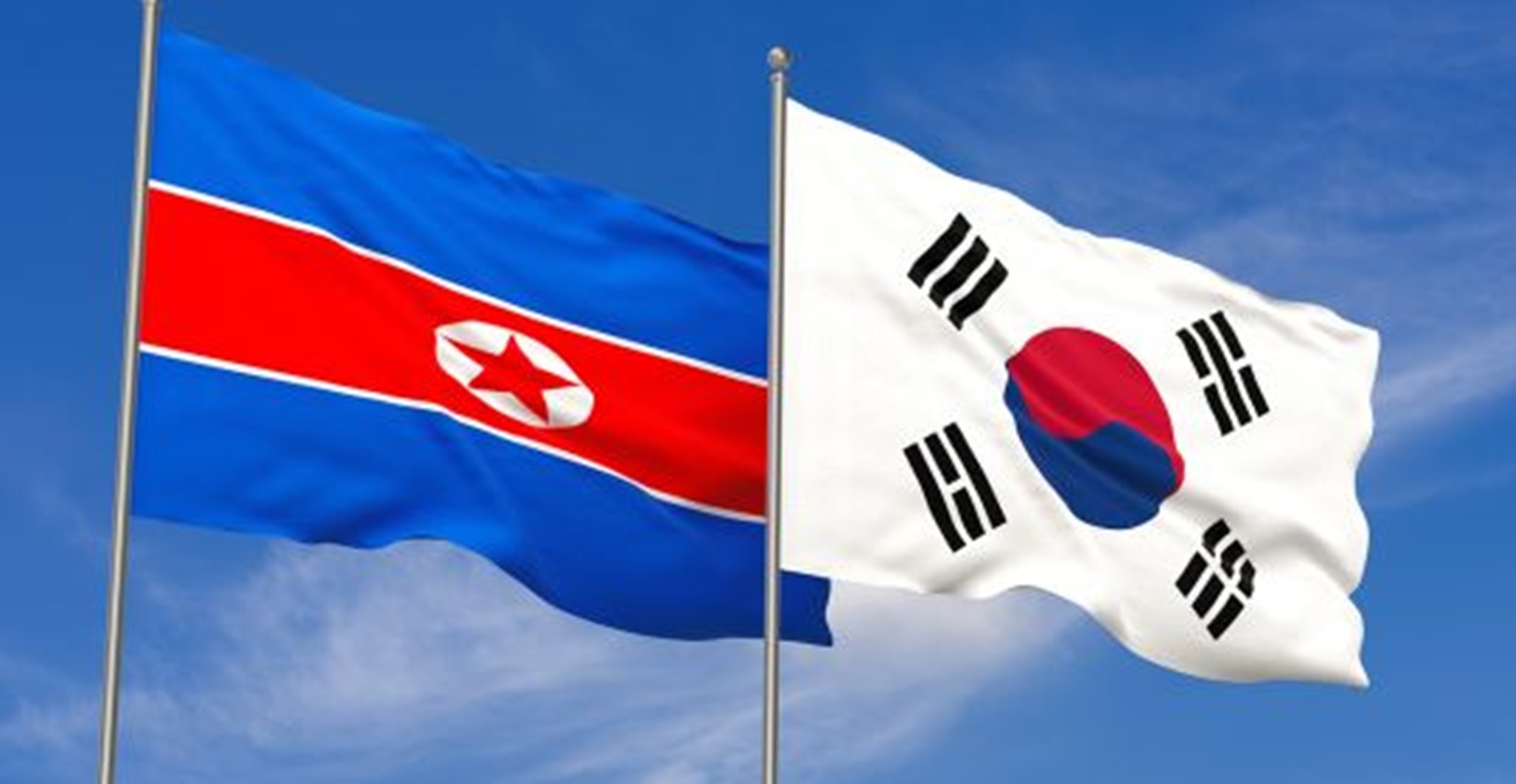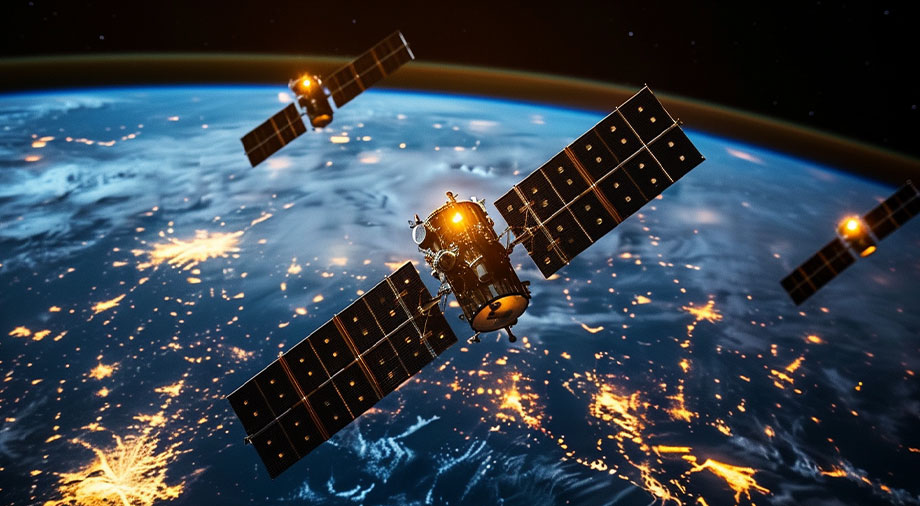The new US-Pakistan relations can be challenging for India in future
New Developments
With the recent change in government in Pakistan, the geopolitical festive bells are ringing only to sound a call for the immediate and intense repair of bilateral relations between the two traditional partners in Pakistan and the United States of America (USA). India and Russia, two countries on the opposite end of the spectrum, are also witnessing a resumption of strong ties across a number of strategic areas such as food and energy security. Prior to the exit of Imran Khan, Washington had re-affirmed its longstanding Strategic Partnership with Islamabad.
The new Pakistani Prime Minister, Shahbaz Sharif, has expressed a strong desire to fix US-Pakistan relations. A pro-US sentiment in Pakistan is now on the rise, again, despite the manifest distrust and prevalent antipathy for each other’s broader geostrategic interests such as US concerns over Pakistani sponsorship of terrorism in Afghanistan. Over the years, chiefly due to the military-jihadi complex that exists within Pakistan, the US had accused Pakistan of harbouring terrorists. Indeed, Pakistan had to face much embarrassment when US special forces found Osama Bin Laden, America’s enemy number one owing to Bin Laden having spearheaded the 9/11 attacks, in Pakistan and near its very own military academy in Abbottabad.
With reference to the Russia-Ukraine conflict, Pakistan’s Chief of Army Staff (COAS), General Qamar Bajwa, has emerged to be a vocal proponent of the need to rejuvenate Pakistan-United States relations. While deeming Russia’s invasion of Ukraine as that which ‘cannot be condoned’, Bajwa has emphasized a non-neutral aspect of Pakistan’s involvement in the Ukraine matter. This may have dissolved, or at least diluted, the impact of Pakistan’s many abstentions on the Ukraine issue and its ‘soft corner’ towards Russia. Bajwa is also a vociferous advocate of the US-Pakistan Strategic Partnership, which was reaffirmed by the United States just sometime before the new PM took office. The US-Pakistan military relationship, adversely affected by ex-President Donald Trump’s withdrawal of military-specific aid to Pakistan to the tune of millions of dollars, could also be rejuvenated depending on how the US opinion of Pakistan evolves in the days to come.
Pakistan and the United States are historically traditional partners and have also been unequivocal in their friendship and alliance against the former Union of Soviet Socialist Republics (USSR). The two countries have also mutually recognized the importance of the historical bond shared between each other. The US sided with Pakistan during the 1971 War with India over the independence of Bangladesh while India received extensive support and backing from the Soviet Union. The infamous USS Enterprise incident in the Bay of Bengal still riles the feathers of the Indian military forces and the people of India too. The United Kingdom (UK), too, extended Pakistan its support. India and the Soviet Union signed a treaty embodying the everlasting friendship between the two countries, in April 1972. In the post-Cold War era, India remains a robustly non-aligned, strategically-autonomous, and internationally-independent country while the US continues to court India in the fields of the trade of defence equipment, technological cooperation, and military assistance. The US-Pakistan reset could bring about several changes to the delicate geopolitical balance between the three countries.
Pro-Pakistan lobbying in the United States leading to a decisive geopolitical impact on sensitive issues such as the Khalistan movement is also a matter of serious concern since the potential to influence thinking populations remains high and leaves India, again, in a handicap match. South Asia has often been characterized by a contest between the Pakistan-United States duo and India. The United States Institute of Peace (USIP), as per C. Christine Fair – a pro-India scholar who is a vehement critic of the Pakistan Army and the Inter-Services Intelligence (ISI), has become a propaganda warehouse for pro-Pakistan folk. As per Professor V Yoga Jyotsana, Distinguished Senior Fellow, DRaS and Honorary Adjunct Fellow at the National Maritime Foundation, the renowned Stimson Center is also a pro-Pakistan think-tank with the views put forth by the organization expressing a leaning towards Islamabad.
Conclusion – A New Geopolitical Challenge for India
India is a respectable player on the world’s stage, has made peace with the US-China rivalry, and has also realised the vastness of the differences between the world’s two superpowers while firmly positioning itself as a peace-minded competitor. However, the growth of trade in leaps and bounds between India and Russia over the past few months, at least comparatively in percentage terms over the previous years, has upset the character of the India-US relationship. The US has admonished India on a number of occasions over the past few weeks and months of the Russia-Ukraine conflict. New Delhi’s United Nations Security Council (UNSC) abstentions on the conflict have also drawn strong and ‘unsurprising’ disapproval from Washington. New Delhi also made its objection to the visit by an American politician, Ilhan Omar, to the conflict-ridden Pakistan-occupied Kashmir (PoK). PoK is an integral part of India and the United States was quick to distance itself from the controversy.
While the US respects India as a leader in South Asia, as made clear by the superpower’s latest Indo-Pacific strategy document, an improved relationship with Pakistan is unlikely to be digested easily by a rising India. The new Pakistani Prime Minister has admitted that he isn’t just prioritising a US-Pakistan reset but is also keen on ensuring that the US never has to go through what it did during Imran Khan’s tenure. Sharif has asserted that he is not in favour of any Pakistani narrative against the US. It is aptly clear that Pakistan-United States relations will be back on track, sooner rather than later.
Interestingly, the Russia-India-China triumvirate, best exemplified by the cooperation made in the trilateral forum of the same name, too has made a comeback. During his visit to India in April, the Russian Foreign Minister, Sergei Lavrov, expressed a strong desire to improve cooperation between the three countries. The reform of the United Nations has repeatedly featured in discussions regarding the trio. The US has blacklisted the three countries, along with a number of other middle powers, as far as intellectual property rights are concerned. Big-brotherly Americanism is back in flavour with the United States having admonished India for buying discounted oil from Russia, banning the trade of Russian diamonds, and expressing its resentment towards India’s Russia ‘return’.
R. Jagannathan is of the view that India must gain critical stakes in Russia’s rise, a fellow BRICS power, while not focusing on India-Ukraine relations. This works especially well for India given that Ukraine, like the United States, has displayed its unequivocal support towards Pakistan on several occasions, and on historical matters. This author is also of the view that India-Russia relations must continue to surge. While India has eyed constructive relations with the West, India remains a different and unique power, at the very least. Western suspicions about its potential super or uber-powerdom in this century or the next help the international relations theory of survival-hinged realism prevail in India-West bilateralism.
Title image courtesy: The Indian Nation
Disclaimer:Disclaimer: The views and opinions expressed by the author do not necessarily reflect the views of the Government of India and Defence Research and Studies





